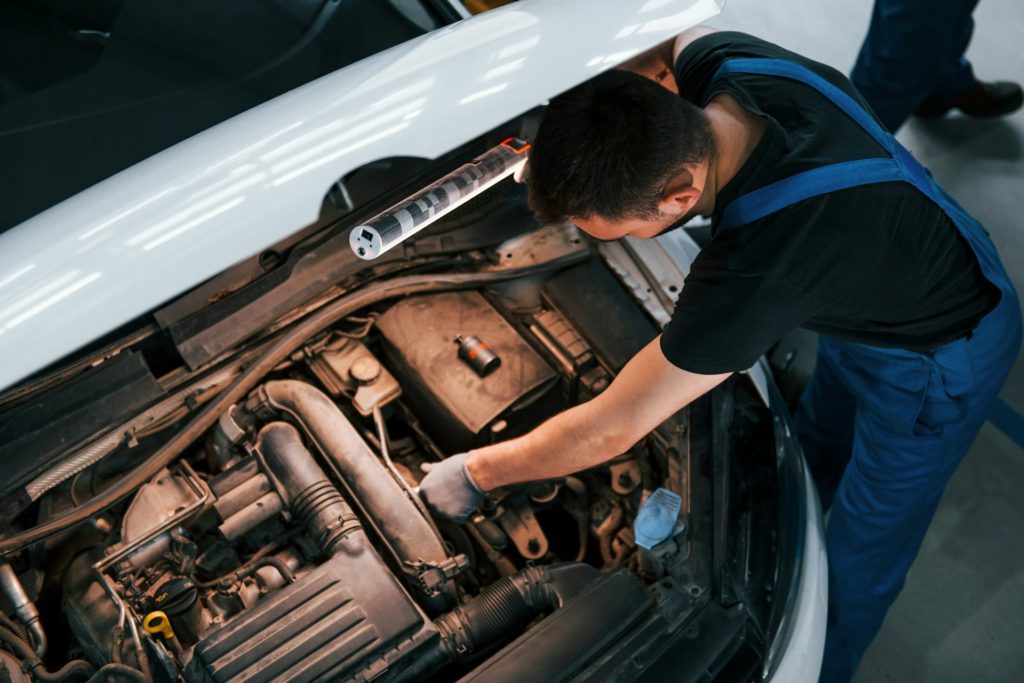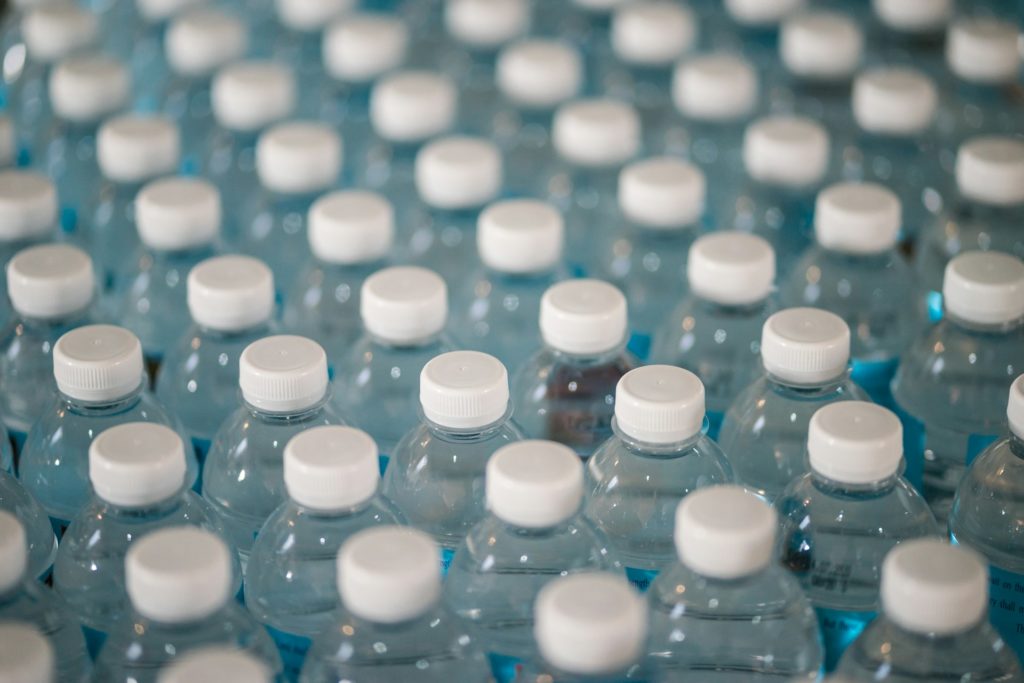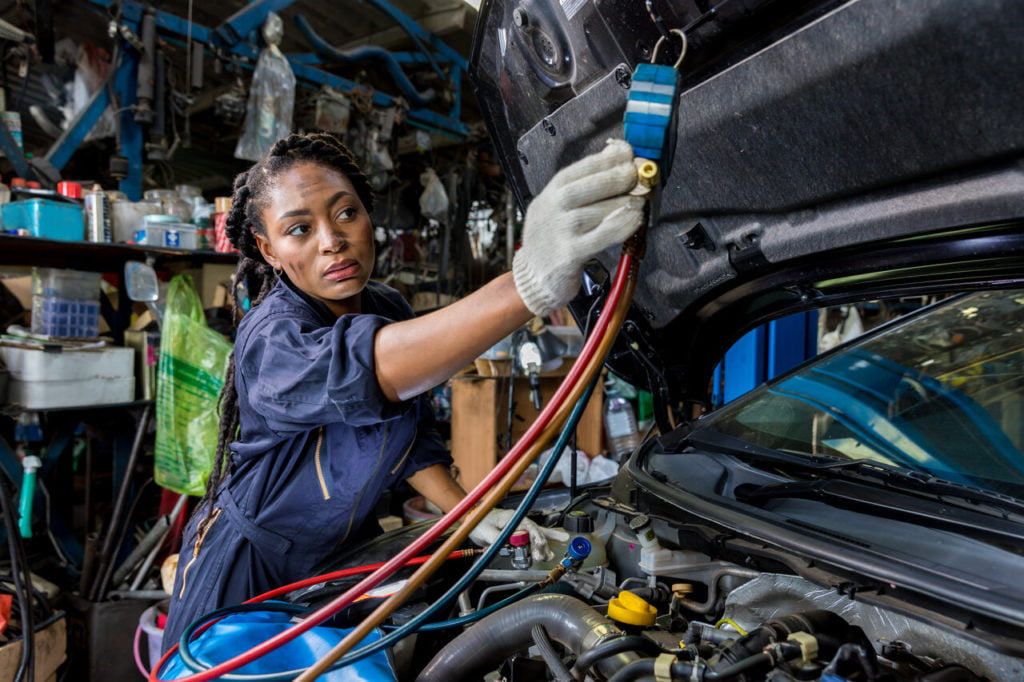The steel and manufacturing industry plays a significant role in the global economy, driving innovation and development across various sectors. As the emphasis on environmentally responsible practices and compliance with sustainability regulations grows, industries such as steel and automotive manufacturing need to explore innovative solutions to address plastic waste challenges. Pulse Plastics, an innovative UK-based independent specialist plastic solution provider, embraces the potential of plastic reprocessing as an effective strategy to advance sustainability and create environmentally conscious closed-loop systems in the steel and manufacturing industry.
Plastic reprocessing transcends the limitations of traditional recycling by converting waste plastic materials into high-quality, reusable raw materials suitable for use in manufacturing. Implementing plastic reprocessing creates a closed-loop system that minimises waste output and supports sustainability goals while maintaining the quality and functionality of necessary plastic materials. Considering the steel and manufacturing industry’s intricate and necessity-driven usage of plastics, plastic reprocessing emerges as a forward-thinking and resource-efficient waste management solution.
In this blog series, we will delve into the dynamic role of plastic reprocessing within the steel and manufacturing industry, exploring its potential benefits, challenges, and practical applications. We will discuss how plastic reprocessing can contribute to developing sustainable closed-loop systems, reduce plastic waste output, and support efficient resource management. Join us as we uncover the transformative potential of plastic reprocessing as a catalyst for greener, more sustainable operations within the steel and manufacturing industry.
Tackling Plastic Waste Challenges and Enhancing Sustainability
While critical to various sectors of the global economy, the steel and manufacturing industry faces a pressing challenge in managing the vast amounts of plastic waste generated throughout its intricate processes. Plastic reprocessing offers a strategic pathway to address this issue while contributing to environmental sustainability. By embracing closed-loop systems and adopting innovative waste management practices such as plastic reprocessing, the industry can effectively reduce its ecological footprint, comply with environmental regulations, and seize the opportunities of a growing green economy.
Unravelling the Benefits of Plastic Reprocessing for the Steel and Manufacturing Industry
The integration of plastic reprocessing into the steel and manufacturing industry’s operations can yield several tangible benefits, including:
- Resource Conservation and Sustainability: Plastic reprocessing enables manufacturers to minimise their reliance on virgin raw materials, thus reducing resource depletion and promoting environmental sustainability in the long run.
- Waste Reduction: Implementing plastic reprocessing as a core waste management strategy diminishes waste output significantly, assisting the industry in tackling plastic waste disposal challenges and promoting sustainable waste reduction.
- Cost Efficiency: Utilising reprocessed plastics in the manufacturing cycle can lead to material and waste disposal cost savings, optimising operations and expenses for manufacturers.
- Regulatory Compliance: Employing plastic reprocessing demonstrates a proactive alignment with evolving environmental regulations and a commitment to sustainable business practices within the industry.
Collaborative Approaches to Implementing Plastic Reprocessing in the Steel and Manufacturing Industry
Establishing and optimising closed-loop systems for plastic reprocessing requires collaboration among various stakeholders within the industry. The following strategic approaches can guide this process:
- Identifying Plastic Waste Sources: Manufacturers should evaluate their production processes to pinpoint areas where plastic waste is generated, allowing for targeted improvement and customised reprocessing strategies.
- Partnering with Plastic Solution Providers: Forming partnerships with expert plastic reprocessing companies, such as Pulse Plastics, ensures access to valuable expertise and resources essential for the seamless integration of closed-loop systems.
- Educating Industry Professionals: Developing a comprehensive understanding of plastic reprocessing’s potential benefits among stakeholders can encourage adopting sustainable practices and contribute to overall waste management improvements.
- Engaging with Regulatory Bodies and Industry Associations: Collaboration with government agencies and industry associations can help establish a supportive regulatory environment for championing plastic reprocessing within the steel and manufacturing sector.
Addressing Challenges and Enabling Positive Change through Plastic Reprocessing
While the adoption of plastic reprocessing presents numerous benefits, it is crucial for the steel and manufacturing industry to recognise and address any associated challenges:
- Ensuring Quality Standards: Maintaining the quality and performance of reprocessed plastics is crucial for their successful incorporation into the manufacturing process. Collaborating with reputable plastic reprocessing providers is essential for ensuring consistent quality standards across operations.
- Navigating Infrastructure and Technology Investments: Integrating plastic reprocessing may necessitate investments in new technologies and infrastructure upgrades to enable efficient closed-loop systems. Strategic partnerships with specialist providers can help streamline this process.
- Shifting Perception and Overcoming Misconceptions: Dispelling any reservations or misconceptions about reprocessed plastics requires raising awareness about their environmental and economic benefits, thus fostering a wider acceptance across the industry.
By striving to address these challenges and fostering effective collaboration, the steel and manufacturing industry can actively contribute to a sustainable, environmentally responsible future.
Conclusion
Plastic reprocessing presents a strategic, transformative solution to the critical issue of plastic waste management within the steel and manufacturing industry. By implementing this advanced waste management practice, the industry can address emerging environmental regulations and concerns and benefit from resource conservation, waste reduction, and cost savings. Collaboration between steel and manufacturing industry stakeholders and plastic solution providers, such as Pulse Plastics, is vital for successfully integrating plastic reprocessing and closed-loop systems.
As the steel and manufacturing industry continually adapts to new environmental challenges, plastic reprocessing is a powerful means to instigate innovation and sustainability. This forward-thinking approach ensures a more environmentally conscious and resource-efficient future for all stakeholders, fostering a seamless synergy between steel, manufacturing, and sustainability.


